A highlight in the two works, the Declaration of Independence and the Testament of President Ho Chi Minh, is the consistency in ideology that promotes solidarity in order to complete revolutionary tasks, serve the people, and serve the country.
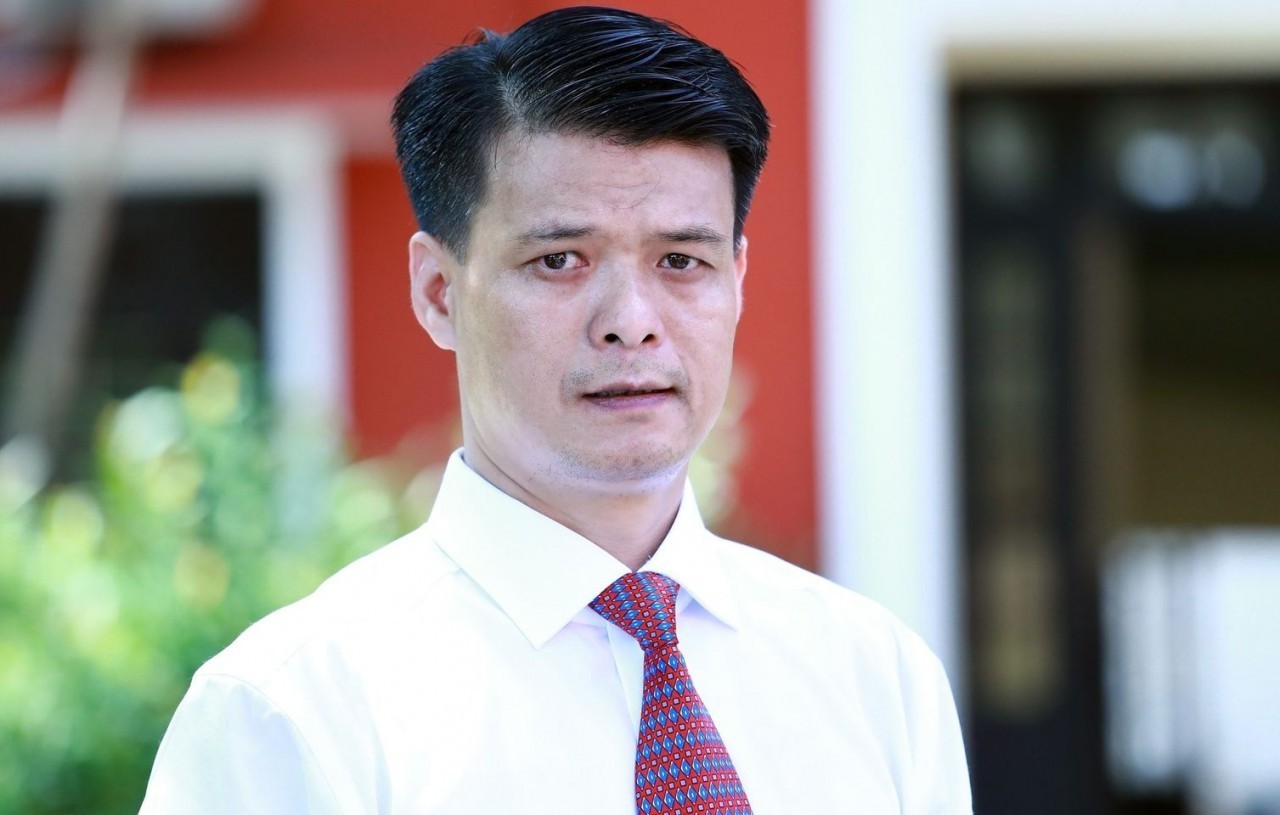 |
| Dr. Nguyen Van Dang. (Photo: TGCC) |
The current national context is posing a need for new awareness of the factors, mechanisms and measures to create and maintain solidarity within the Party and in society.
Leadership creates unity
President Ho Chi Minh was an outstanding politician, widely recognized as a “leader” in the modern history of our country. His unique position was created by many factors such as: personal capacity and qualities, appropriate political and social thoughts that had strong influence and inspiration, and contributions in revolutionary activities.
From an action perspective, leadership is the process of influencing others, attracting support to make positive changes for the organization or community. From a role perspective, leadership is the ability to influence, that is, an individual cannot perform the leadership role without influencing others. Therefore, for any leader, the first challenge is to set out a leadership vision and have that vision shared by followers.
The second challenge for leaders is to create cohesion among the supporting forces and maintain commitment to support the leadership goals. In other words, in addition to the ability to gather support and solidarity among the supporting forces, the loyalty and commitment of the supporters to the goals will be the factors that determine the ability of each individual to succeed in the leadership role.
It can be said that one of the most outstanding leadership legacies of President Ho Chi Minh is that he created unity within the Party and gathered sustainable support from social forces for the common goals of the Vietnamese people. Throughout his life, Uncle Ho always clearly stated his viewpoint and leadership vision: "National independence and socialism". The slogan had the power to move and spread strongly to all classes of people. Thanks to that, the revolutionary movement developed rapidly.
To maintain the cohesion and solidarity among social forces, he always respected and recognized the position, role and contribution of every individual, as well as different social forces to the revolutionary movement. Under the leadership of the Party, of which Uncle Ho was a key leader, representatives of different social forces not only participated in the provisional government, but also went to the resistance zone to carry out a long-term resistance war to realize the revolutionary goals.
Thanks to his convincing leadership vision and ability to gather support and maintain unity, Uncle Ho had an outstanding position and influence in the revolutionary movement in our country in the mid-20th century. This is partly reflected in the very simple but respectful ways of addressing him such as "Uncle Ho".
A prominent and consistent feature in the ideology as well as the revolutionary life of President Ho Chi Minh is the viewpoint: unity creates strength. To be successful in leadership, one must create and maintain unity. This is clearly shown in both the Declaration of Independence and the Testament when Uncle Ho pointed out that unity is a lasting tradition, a factor that creates strength for the Vietnamese people in different historical periods.
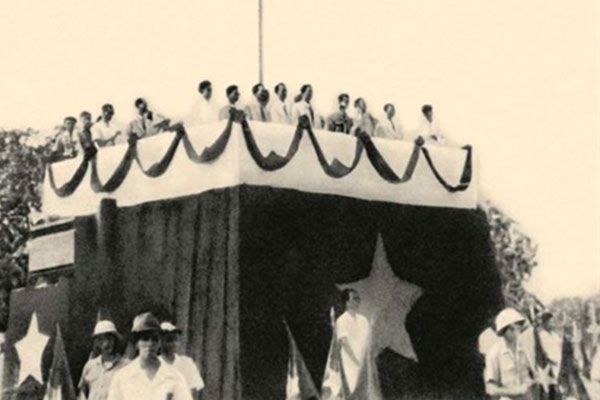 |
| On September 2, 1945, at Ba Dinh Square, Hanoi, President Ho Chi Minh read the Declaration of Independence, giving birth to the Democratic Republic of Vietnam, opening a new era in the history of the nation. (Photo: Archive) |
Success by unity
In his Testament , Uncle Ho stated: “Solidarity is an extremely precious tradition of the Party and our people”. Indeed, looking back at the history of the country and people of Vietnam, we can see a consistent feature throughout the stages of development: we often have to face two collective threats: foreign invasion and natural disasters.
It can be said that the above historical and natural characteristics have fostered a sense of solidarity in the minds of all Vietnamese people through many generations. By a simple logic: if there is no solidarity, the Vietnamese community will not be able to overcome difficult challenges, threats to the survival of an entire nation, a country.
That is to say, we can affirm an obvious truth that one of the key factors that helped Vietnam become what it is today, and the Vietnamese people become what they are today, is solidarity. Accumulated and nurtured through many generations, solidarity has become a self-conscious quality that can arise to help the Vietnamese people increase their strength for common efforts.
Grasping a characteristic of the nation's character, Uncle Ho himself soon saw the dangers stemming from the plot to divide the nation and separate the country by foreign powers. In the Declaration of Independence , Uncle Ho clearly pointed out the sinister intentions of the French colonialists: "They established three different regimes in the Central, South and North to prevent the unification of our country, to prevent our people from uniting."
Absolutely not allowing the above-mentioned danger to become reality, the Declaration of Independence affirmed: “A nation that has courageously resisted French slavery for more than eighty years, a nation that has courageously stood with the Allies against fascism for several years, that nation must be free! That nation must be independent!... The entire Vietnamese nation is determined to devote all its spirit and strength, its lives and property to maintaining that freedom and independence.”
The historical developments in our country since the Declaration of Independence was announced have affirmed and proven the correctness of President Ho Chi Minh's viewpoint and vision. Only with unity and consensus can the Vietnamese people gradually achieve glorious victories in the revolutionary struggle, regaining independence and unity for the country and the nation.
More than anyone else, Uncle Ho was the one who clearly recognized the importance of solidarity for the leadership capacity and strength of the Party. In his Testament , he pointed out: “Thanks to close solidarity, wholeheartedly serving the working class, serving the people, serving the Fatherland, since its founding, our Party has united, organized and led our people to enthusiastically fight, advancing from one victory to another.”
His awareness of the special importance of solidarity within the Party organization was also reflected in his assessment of the negative developments in relations between Communist Parties in the world at the time of writing his will. Uncle Ho expressed his sorrow at the “current discord among fraternal parties” and his desire to “restore solidarity among fraternal parties”.
Emphasizing the special importance of solidarity within the Party, Uncle Ho also compared “preserving the solidarity and unanimity of the Party to preserving the pupil of one’s eye”. This means that if there is a lack of solidarity within the Party, the Party’s capacity and strength will be seriously reduced, just like a person missing a key part of the body, becoming disabled.
In addition to continuing the revolutionary cause to unify the country, Uncle Ho's Testament also outlined new tasks: "The Party must have a good plan to develop the economy and culture, in order to continuously improve the people's lives." To carry out these new tasks, according to Uncle Ho, we cannot lack solidarity: "The entire Party and people must unite and strive to build a peaceful, unified, independent, democratic and prosperous Vietnam."
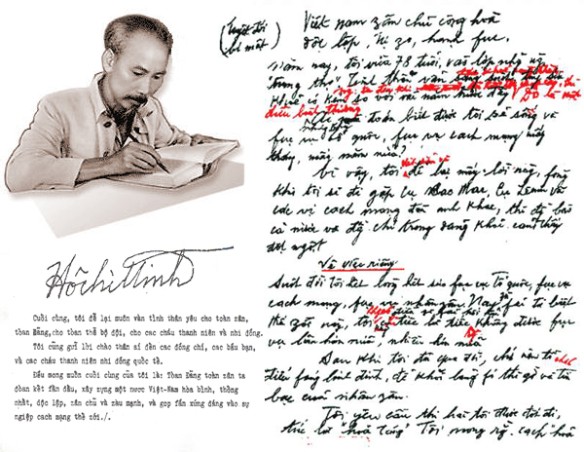 |
| Uncle Ho's will. (Source: hochiminh.vn) |
Unite to serve
It can be seen that when Uncle Ho wrote the Declaration of Independence , the Vietnamese people were still being dominated by foreign powers. And when he wrote his Will , the country was still divided and not unified. Therefore, national independence and national unity have become contextual characteristics that not only promote the need for solidarity but can also increase the persuasiveness of Uncle Ho's thoughts on solidarity within the Party, as well as in society.
However, the current context of our country is suggesting three new characteristics that may affect solidarity.
Firstly, the Party assumes both the roles of “leadership and governance”. “Our Party is a governing Party” is a fact that Uncle Ho pointed out in his Testament . That is to say, the Party is no longer just a political organization but has also acquired the authority to carry out its leadership goals. Party members are not only revolutionaries but can also hold positions in the government system.
Second, Vietnam is currently developing a socialist-oriented market economy. The recognition and protection of individual and group interests is the main driving force for economic growth, but at the same time can encourage selfishness and selfishness in each individual.
Third , the increasingly deep and wide international integration process will increase exposure to new ideas, thereby promoting the formation of many different viewpoints on common national issues.
The combination of all three of the above-mentioned contextual characteristics is creating diversity in interests, ideology and society in our country today. Unlike the high level of uniformity in all three of the above-mentioned factors in previous revolutionary struggles, the current diversity is becoming a new challenge to solidarity, both within the Party organization and on a community scale.
Even when the entire nation was still closely united and devoting all resources to the task of national unification, Uncle Ho saw the potential dangers of drifting away from the common interest, causing disunity. Although he did not directly write it, his concerns were partly reflected in the instructions in his Will : “Each party member and cadre must be truly imbued with revolutionary ethics, truly frugal, honest, impartial and selfless. We must keep our Party truly clean, worthy of being a leader, a truly loyal servant of the people.”
The reality of the country in the first decades of the 21st century shows that Uncle Ho's concerns and worries about the risks when the Party is in power are completely well-founded. The number of officials at all levels who have been disciplined, even prosecuted before the law in recent years suggests that a significant number of officials and Party members have lacked a sense of responsibility, and have strayed from their duty to serve the people and the country.
The obvious consequences of the increase in the number of negative cadres not only negatively affect the Party's reputation, possibly causing disunity within the Party as well as the connection between the Party and the people, but more seriously, the risk of failure in the goals of leading and developing the country. Therefore, the current context is posing the need for new awareness and new thinking about solidarity in order to be able to apply and promote the correct ideological values of Uncle Ho.
We need to realize that building solidarity in the current context of peace, a ruling party, a market economy and deep international integration will be much more difficult than during the period of fighting for national independence and unification. Clearly, the Communist Party of Vietnam is facing the challenge of not only having to propose an inspiring leadership vision and gather broad support, but also pressure on mechanisms and measures to build and maintain solidarity in the new context.
Source: https://baoquocte.vn/ky-niem-134-nam-ngay-sinh-chu-pich-ho-chi-minh-de-thanh-cong-trong-lanh-dao-can-kien-tao-va-duy-tri-su-doan-ket-271574.html




![[Photo] Cultural, sports and media bloc at the 50th Anniversary of Southern Liberation and National Reunification Day](https://vphoto.vietnam.vn/thumb/1200x675/vietnam/resource/IMAGE/2025/4/30/8a22f876e8d24890be2ae3d88c9b201c)


![[Photo] The parade took to the streets, walking among the arms of tens of thousands of people.](https://vphoto.vietnam.vn/thumb/1200x675/vietnam/resource/IMAGE/2025/4/30/180ec64521094c87bdb5a983ff1a30a4)
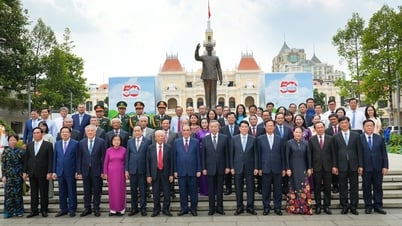



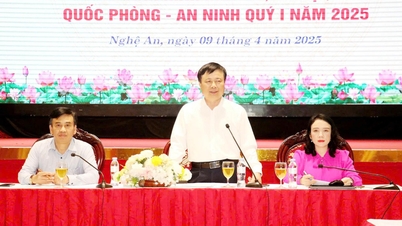

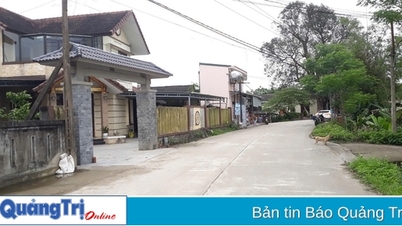

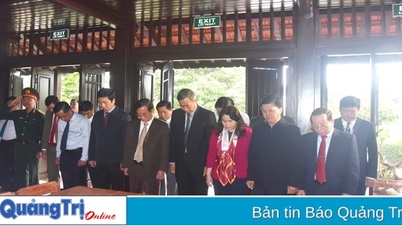
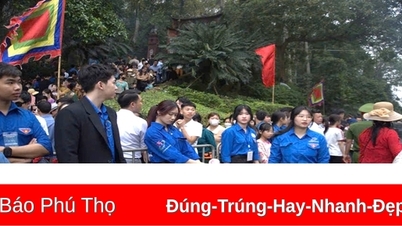
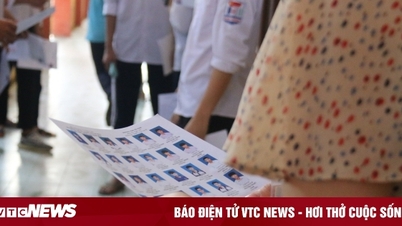
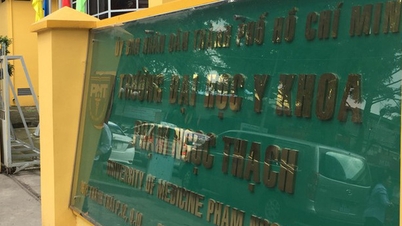



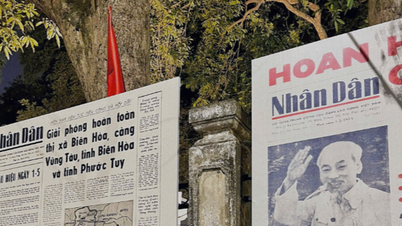






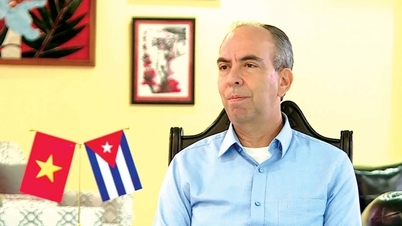
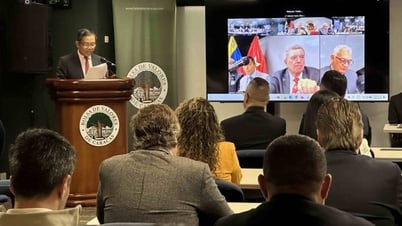
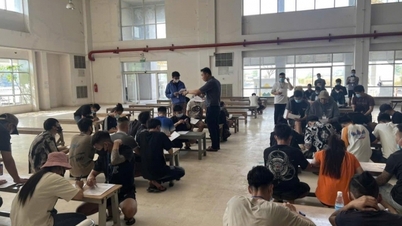
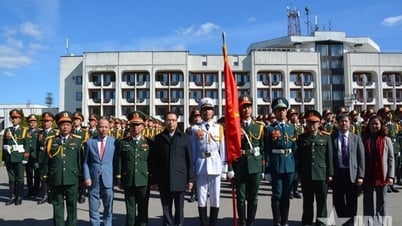
![[Photo] Chinese, Lao, and Cambodian troops participate in the parade to celebrate the 50th anniversary of the Liberation of the South and National Reunification Day](https://vphoto.vietnam.vn/thumb/1200x675/vietnam/resource/IMAGE/2025/4/30/30d2204b414549cfb5dc784544a72dee)



















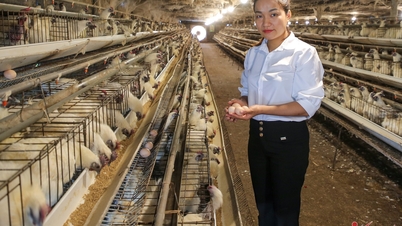




























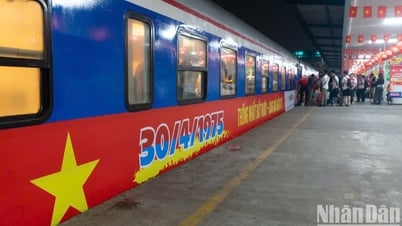

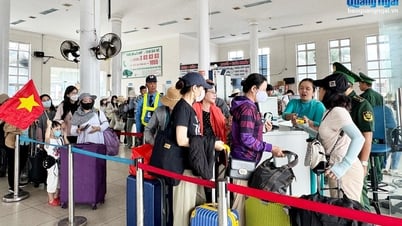



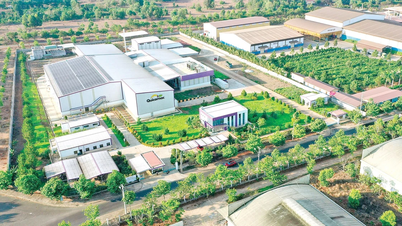

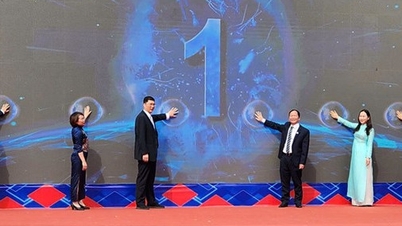











Comment (0)